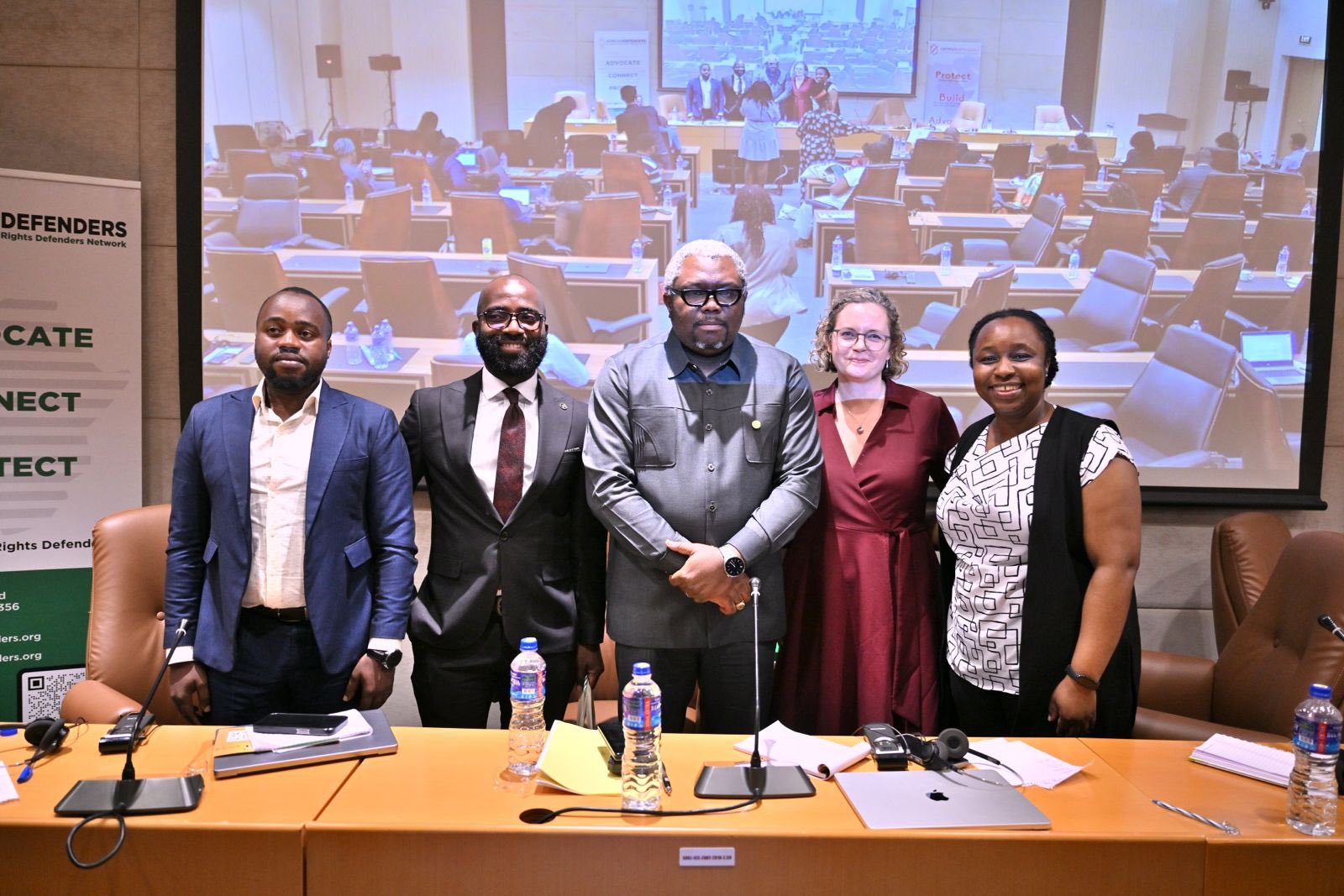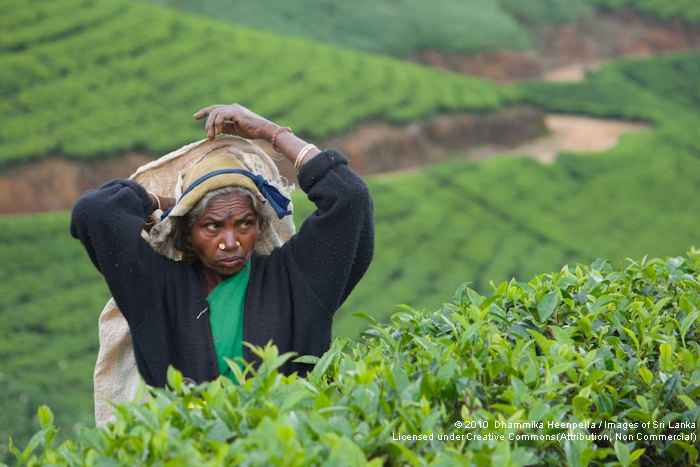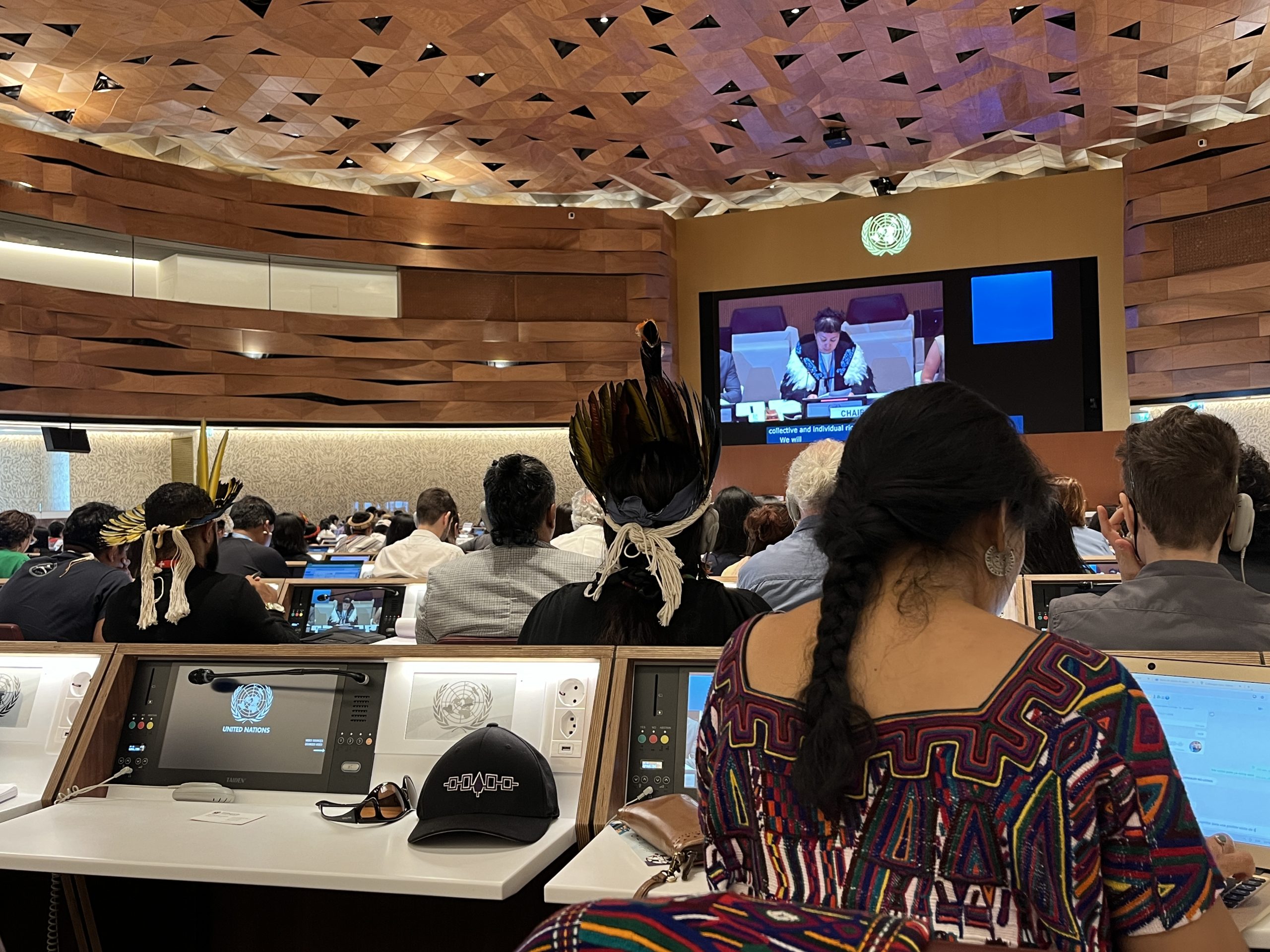(Geneva) – The UN Human Rights Council risks falling behind the curve on business and human rights, the International Service for Human Rights (ISHR) and the Business and Human Rights Resource Centre (BHRRC) warned today.
The work of human rights defenders is central to accountability for business-related human rights abuses. They identify and document human rights violations and can play a role in developing and monitoring policies, engaging with business and supporting victims to seek remedy and justice.
Alarmingly, NGO reports have found that over 90% of cases involving the killing of human rights defenders working on issues of corporate accountability – including labour, land, and environment – have never seen the inside of a court room. Globally, the work of defending against corporate human rights abuse is incredibly dangerous, and often deadly.
Some businesses have started to respond. For example, global sportswear company adidas recently released a corporate policy on human rights defenders that recognizes defenders and their legitimate, valuable work to build rule of law and seek accountability.
UN experts and civil society have called repeatedly for the need for protection for ‘victims, witnesses, human rights defenders, whistle-blowers and their legal representatives’ seeking justice for corporate abuses, and pointed to the role of businesses in this regard. Unfortunately, a resolution nominally focused on issues of access to remedy, which will be considered later this week by the Council, overlooks these key elements.
Sarah M. Brooks, ISHR programme manager and advocate, emphasised that accountability for violations faced by defenders and affected communities should be a priority for all member States of the UN.
‘Progressive businesses are already responding to these kinds of threats. That a UN resolution fails to even recognize that such threats exist is a profound disappointment,’ said Ms Brooks.
Similarly, access to information, including that held by private actors, is essential for defenders on the ground. It is a tool for identifying violations and for successful advocacy and accountability on the adverse human rights impacts of business. But again, the resolution falls well short.
Rather than seeking to strengthen domestic legal regimes and put tools in the hands of those who need them most, however, the draft resolution simply ‘encourages’ businesses to disclose their human rights policies and procedures.
Mauricio Lazala, Deputy Director of the BHRRC, noted that many of the issues addressed in the resolution reflect bare minimum thresholds.
‘States and the Human Rights Council should be in the lead to set clear benchmarks regarding remedy for business-related abuses. Instead, at some points the resolution seems to trail discussions in the private sector.’
Pointing to a statement delivered last week in a dialogue with the Working Group on Business and Human Rights, ISHR and BHRRC emphasize that the UN mechanisms are still essential tools for promoting full respect for human rights by both State and non-State actors.
Ms Brooks added, ‘Whether we are looking at specific cases or legislation that allege or allow business-related human rights violations, the international community needs to send a clear message that defenders are key actors.’
Over the last year, defenders have been able to contribute to the negotiations of an international binding treaty on transnational corporations and paricipate in the UN Forum on Business and Human Rights. There are also increasing calls for defenders to be consulted and protected in the development of National Action Plans on business and human rights.
‘It is encouraging to see defenders included in other processes on business and human rights. If the sponsors of the resolution did the same, it could not only raise the bar for States and business, but recognise, protect and reflect the perspective of human rights defenders on the ground.’
Update (1 July 2016) – The resolution, treating the question of access to remedy, was adopted by consensus after extensive oral revisions were presented to the Council. These revisions, likely undertaken in order to avoid a voted resolution, further weaken the language surrounding the authoritative nature of the Guiding Principles and welcoming the report of the High Commissioner on access to remedy. Over the next two years, the Working Group will hold two consultations to draw out various elements of access to remedy, and produce two reports due at the June 2017 and June 2018 sessions of the Council.




